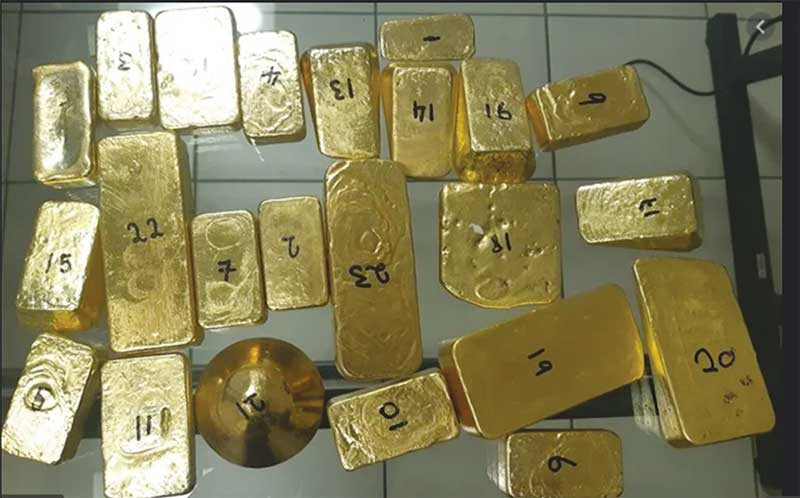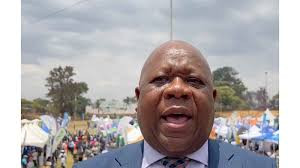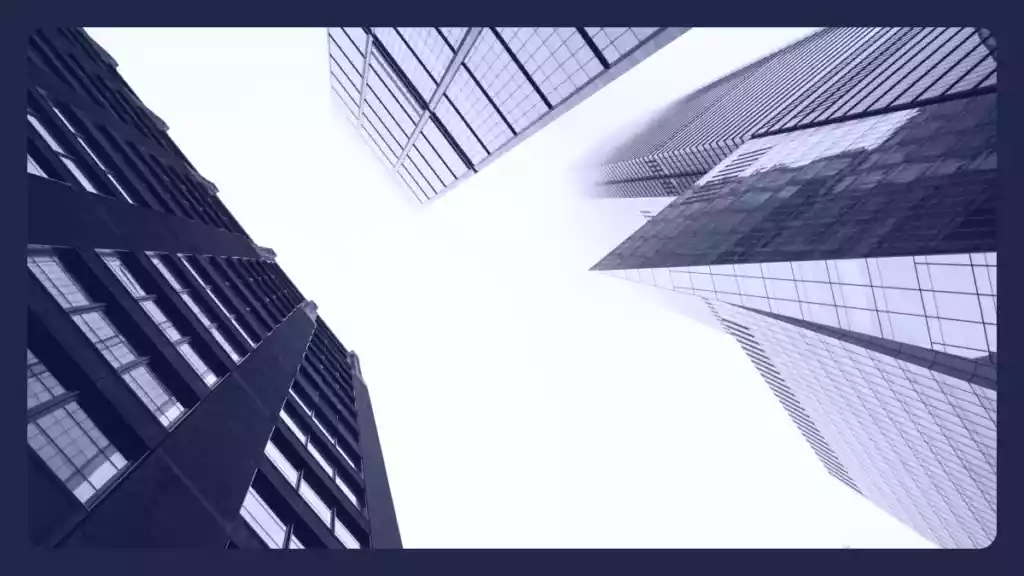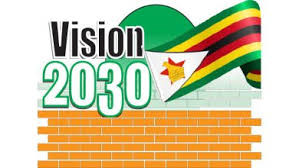
S
EPTEMBER 15 is International Day of Democracy, a day set aside by the United Nations General Assembly to promote the upholding of the principles of democracy.
The Centre for Natural Resource Governance (CNRG) joins the rest of the world in commemorating this important day.
As we pause to reflect on what democracy means to the people of Zimbabwe, we draw the attention of the nation to conditions prevailing in mining-affected communities.
These communities experience some of the worst forms of repression, intimidation and direct violence from both the State and extractive industries’ security personnel.
There is increased politicisation, securitisation and militarisation of Zimbabwe’s natural resources, resulting in communities suffering various forms of suppression and violence.
CNRG has noted with deep concern the curtailing of basic freedoms and constitutional rights such as freedom of assembly, movement, association and conscience in these communities.
In post-independent Zimbabwe, communities continue to lose their ancestral land to pave way for mining.
- Smuggling of gems bleeding Zim’s economy
- Smuggling of gems bleeding Zim’s economy
- News in depth: British investor digs in over Marange diamond concession saga
- Zim lithium mines being sold for a song
Keep Reading
It has become extremely difficult to organise social development meetings in mining host communities as gatekeepers continue to watch civil society activities.
While extractive industries can organise meetings anytime with the support and active participation of government officials, we note with serious concern the current efforts by the State to shut down civil society activities in these communities.
Decision-making on access to natural resources is being done in an undemocratic manner.
Environmental impact assessment (EIA) consultations have been tokenistic to tick boxes and ignore community voices.
Many mining projects that have been openly rejected by communities during EIA processes have proceeded irrespective of the objections.
In some cases, projects are carried out without EIA certificates.
The concept of free, prior and informed consent, which is in line with the United Nations Declaration on the Rights of Indigenous Peoples, is not being observed in Zimbabwe.
Instead, resource-rich indigenous communities are stripped of their constitutional rights as the State protects extractive projects whose profits do not benefit the affected communities.
Community activists have been arrested or threatened with disappearance as they defend their ancestral lands.
Most recently, activists in Chilonga, Hwange and Penhalonga were arrested while protecting their land and environment from damage by extractive industries and large-scale lucerne farming in the case of Chilonga.
Ironically, there is no executive of extractive industries who have been investigated, let alone arrested for illicit financial flows, environmental crimes and human rights abuses.
Most of these crimes go unreported as some of the affected areas are unsafe for media and journalists to visit and cover the stories.
These impoverished communities, starved of everything, including information about projects that affect their lives, cannot be genuinely expected to participate in democratic processes.
Democracy is not an event but a way of life. Democracy is not limited to the day of voting but rather it is reflected in how the voter is treated between elections.
CNRG calls on government to:
lDemilitarise, depoliticise and desecuritise Zimbabwe’s natural resource sector and its governance.
lOpen democratic space in resource-rich communities so that they practise free, prior and informed consent.
lPromote inclusion of key stakeholders such as mineral host communities, civic sector organisations and the Parliament of Zimbabwe in the decision-making process of natural resource governance.
lEnsure public meetings in mineral-rich communities are permitted and community grievances acknowledged and acted upon.
lOpen space for media to freely operate in resource-rich areas such as Marange, Hwange and Mutoko. - CNRG Information Department
Culture, socialisation determining factors in why women get lower votes to men
THE Women’s Academy for Leadership and Political Excellence (Walpe), with support from Oxfam, commissioned a national opinion poll titled Why the electorate prefers male to female candidates in elections in Zimbabwe, where it sought to unpack the reasons why the electorate prefers to vote for male to female candidates in elections in Zimbabwe despite the existence of constitutional provisions such as sections 17, 56 and 80 compelling the equality of all.
The poll was brought about by concerns over the marginal representation of women in political leadership positions, eg, in 2013 elected women in Parliament constituted a mere 10,9% while the figure marginally rose to 11,9% in 2018.
The opinion poll noted that:
lThe 2013 Constitution provides for gender equality and equal representation of women in politics.
lThere were very few women candidates that contested and win local government and National Assembly seats and Zimbabwe has never had a female head of State.
lWomen occupy the bulk of senatorial seats, some are appointed under proportional representation or as special interest representatives.
lThe electorate has limited choices on who to vote for, because Zimbabwe’s politics is polarised, the electorate votes for candidates presented by political parties.
lThere are rare instances where the electorate defies its allegiance to political parties and opt to vote for a different party based on either gender equality or the quality of the candidate.
lPolitical parties hardly offer safe spaces for women to equally contest and participate in primary elections and candidate selection processes.
lViolence deters women from declaring interest to represent their parties during internal candidate selection processes or primary elections.
lPrimary elections and candidate selection processes are often led by males who often are biased towards their male counterparts.
lPolitical parties either do not have sexual harassment and safeguarding policies or they are simply not enforced.
lPolitical party activities are mainly dominated by women but evidence shows that this presence is in non-leadership portfolios (or simply as supporters).
lWhile religion is a dominant socialisation phenomenon, it plays a lesser role in determining whether or not the electorate votes for a female candidate.
lThe bulk of citizens did not believe that voting for a woman candidate was tantamount to committing a sin.
lThe bulk of the people were convinced that if elected, women possess the capacity to lead in society.
lCulture at the level of ideas and social behaviours seem to be dominant factors in determining whether or not a person can vote for a woman candidate. However culture at the level of customs was capable of deterring people from voting for a female candidate.
lWomen have limited access to campaign financing. -Walpe
IN response to ED dangles duty-free cars to councillors, VINCENT CHERERA SAVE says: May someone tell President Emmerson Mnangagwa that duty, surtax and value-added tax is where civil servants get their salaries from. Why duty-free when there is no salaries for workers? The regime keeps on destroying the economy.
ZAMA KAMULO says: After a few years, councillors who will no longer be favourites in the ruling Zanu PF party will be arrested for buying cars through the scheme and money-laundering. Some of these councillors cannot even afford a Honda Fit.
IN response to Byo deputy mayor recalled again, JELASI SIBBS says: How sad. Tinashe Kambarami was the best for our ward. Now we will get deadwood. He wanted to expose the rot in council, but no one supported him.
NKOSANA NCUBE says: Tinashe Kambarami must forget about being a councillor. Besides, he is not fit for the purpose and this serves him right.
IN response to 2 Mutoko men jailed over pangolin, ABSAI CHAKUNDA says: Those who steal from the State are enjoying the loot and walking scot-free, while those who commit petty crimes are locked in prisons.
ADMIRE SIBANDA says: Zimbabwe Miners Federation president Henrietta Rushwaya was caught with 6kg gold at Robert Gabriel Mugabe International Airport, but she is walking free.
IN response to Let’s reverse outward-bound trips for healthcare: Chiwenga, MICHAEL MUTSENGI says: To realise this, he must start by resigning and let a competent person be appointed Health minister. After that, adequate funding will be required for stocking up medicine, equipment and pay decent salaries for all health service providers.
NDOE NDAZI says: Restore the statuses of healthcare workers, bring sanity at hospitals and other sections of the health delivery system. Let health professionals take charge of their affairs, first by letting someone with a healthcare background preside over this very important ministry. The Health ministry doesn’t need casino decisions.
IN response to €30m set for Kariba Dam wall rehab, ABEL NYATHI says: Let management of these funds be done from the Zambia side. Zimbabwe’s looters should never have access to these development funds, lest the pilfering adrenaline jumps to life.











